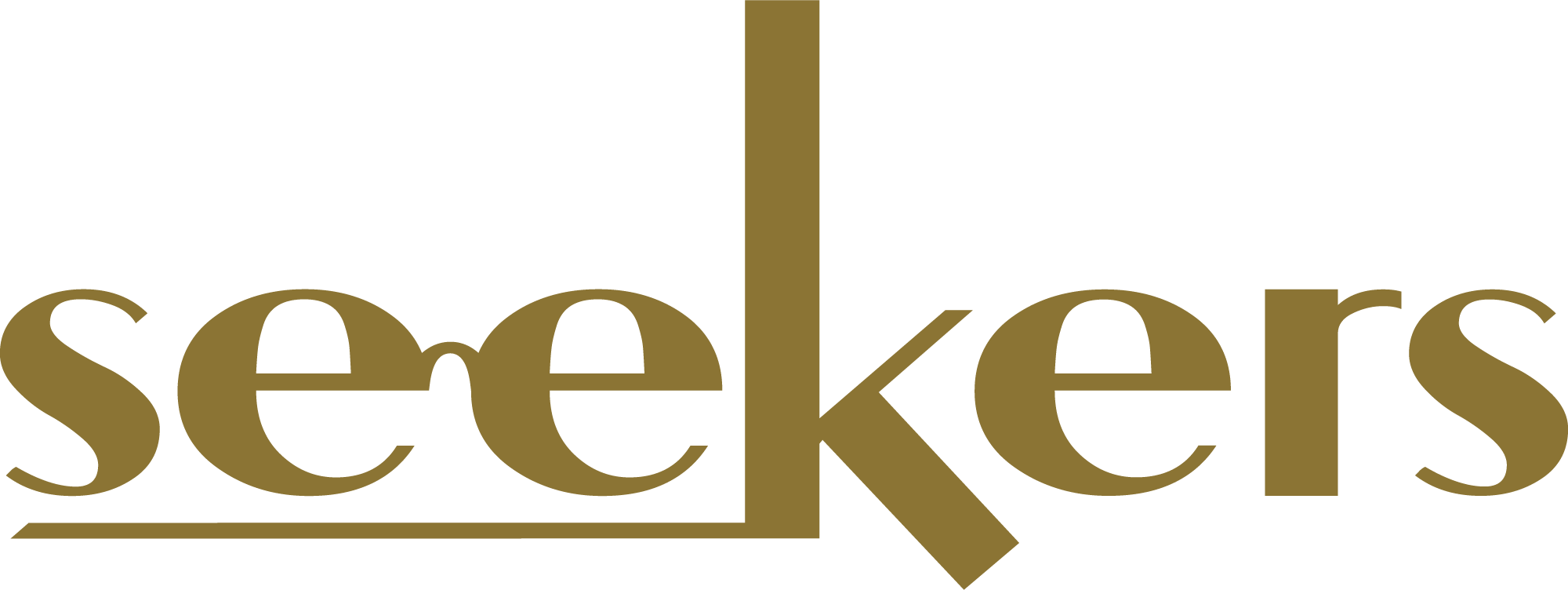



Seekers Optical

Victoria, Australia
August 2023
Other retail sale
Wholesale/Retail
Australia
Seekers is an independent, family-owned and operated Optometry practice located in inner city Melbourne, Australia. Established by Dr Jayson Stone, the Seekers team delivers quality eye health care services and eye wear to their local community. Their eye health assessments are comprehensive, unrushed and utilise state of the art technology to provide the best possible care and vision for their patients. Seekers only dispense the highest quality spectacles, optical lenses and contact lenses. Their optical frames and sunglasses are constructed using strong, durable materials such as titanium and cotton-based acetates to ensure they last and can be easily repaired, refurbished and re-lensed when a client's optical prescription changes. Seekers embrace the slow fashion movement and encourage pre-loved frames to be reused by offering a 20% discount on new lenses when fitted to a client's existing frames. They are also working to reduce waste in the optical industry by partnering with suppliers and recycling facilities in their contact lens waste recycling program. Seekers are also closely engaged with their community, supporting local community arts programs and charities through quarterly donations to causes selected by their clients.
Overall B Impact Score
Governance 14.2
Governance evaluates a company's overall mission, engagement around its social/environmental impact, ethics, and transparency. This section also evaluates the ability of a company to protect their mission and formally consider stakeholders in decision making through their corporate structure (e.g. benefit corporation) or corporate governing documents.
What is this? A company with an Impact Business Model is intentionally designed to create a specific positive outcome for one of its stakeholders - such as workers, community, environment, or customers.
Governance 14.2
Governance evaluates a company's overall mission, engagement around its social/environmental impact, ethics, and transparency. This section also evaluates the ability of a company to protect their mission and formally consider stakeholders in decision making through their corporate structure (e.g. benefit corporation) or corporate governing documents.
What is this? A company with an Impact Business Model is intentionally designed to create a specific positive outcome for one of its stakeholders - such as workers, community, environment, or customers.
Workers 25.8
Workers evaluates a company’s contributions to its employees’ financial security, health & safety, wellness, career development, and engagement & satisfaction. In addition, this section recognizes business models designed to benefit workers, such as companies that are at least 40% owned by non-executive employees and those that have workforce development programs to support individuals with barriers to employment.
Community 18.2
Community evaluates a company’s engagement with and impact on the communities in which it operates, hires from, and sources from. Topics include diversity, equity & inclusion, economic impact, civic engagement, charitable giving, and supply chain management. In addition, this section recognizes business models that are designed to address specific community-oriented problems, such as poverty alleviation through fair trade sourcing or distribution via microenterprises, producer cooperative models, locally focused economic development, and formal charitable giving commitments.
Environment 15.6
Environment evaluates a company’s overall environmental management practices as well as its impact on the air, climate, water, land, and biodiversity. This includes the direct impact of a company’s operations and, when applicable its supply chain and distribution channels. This section also recognizes companies with environmentally innovative production processes and those that sell products or services that have a positive environmental impact. Some examples might include products and services that create renewable energy, reduce consumption or waste, conserve land or wildlife, provide less toxic alternatives to the market, or educate people about environmental problems.
Customers 12.6
Customers evaluates a company’s stewardship of its customers through the quality of its products and services, ethical marketing, data privacy and security, and feedback channels. In addition, this section recognizes products or services that are designed to address a particular social problem for or through its customers, such as health or educational products, arts & media products, serving underserved customers/clients, and services that improve the social impact of other businesses or organizations.
What is this? A company with an Impact Business Model is intentionally designed to create a specific positive outcome for one of its stakeholders - such as workers, community, environment, or customers.